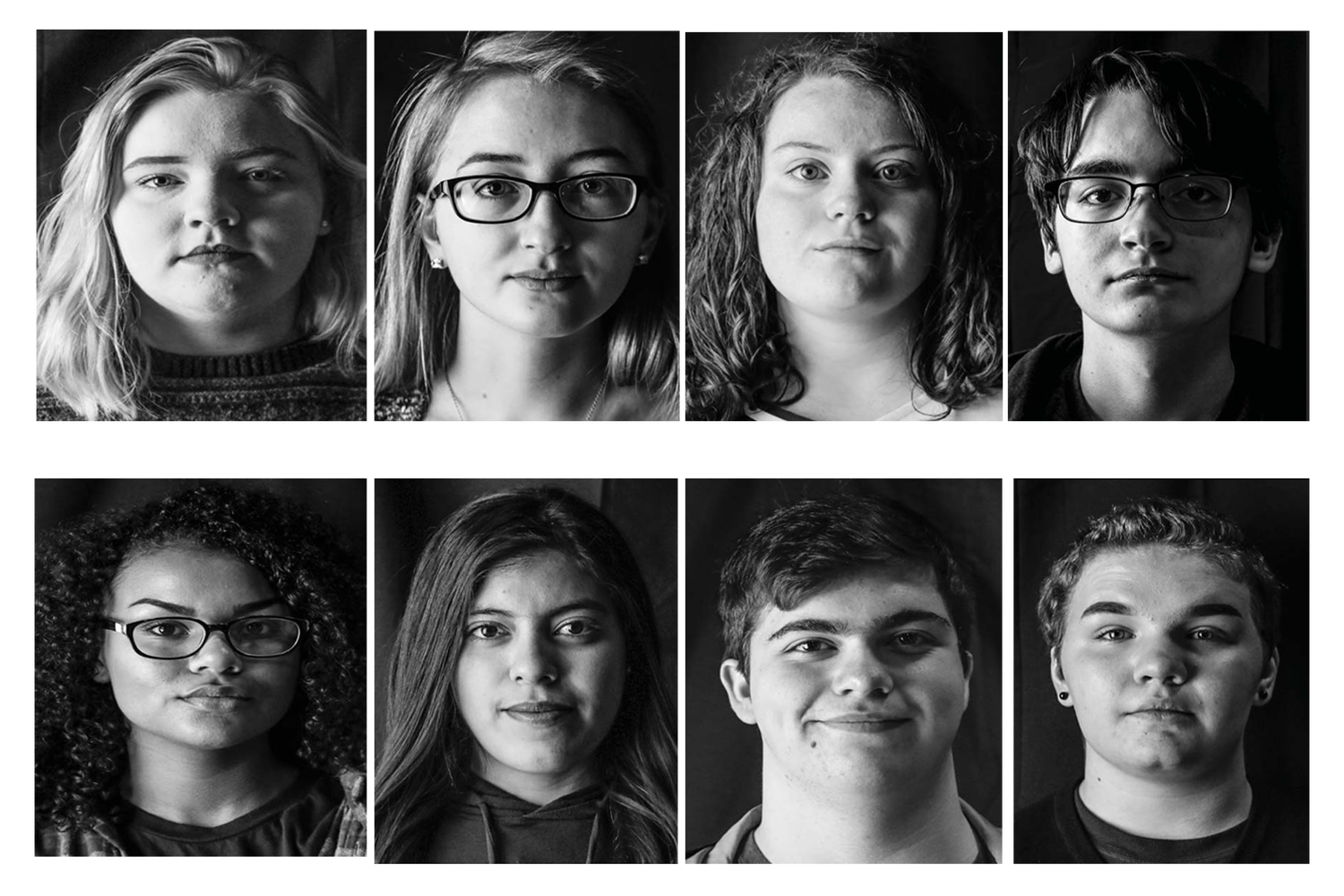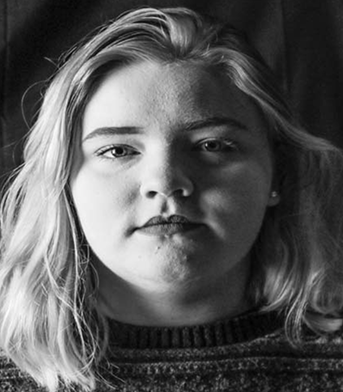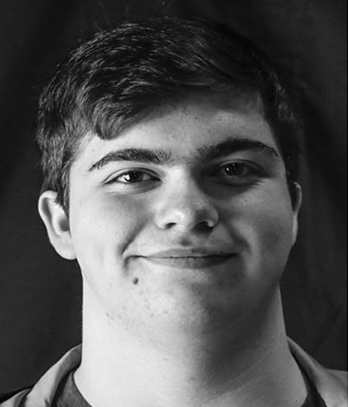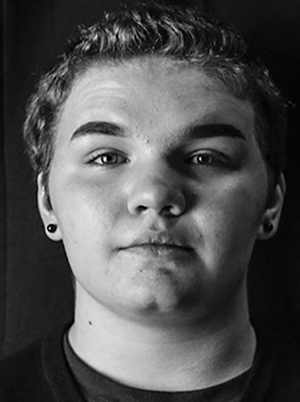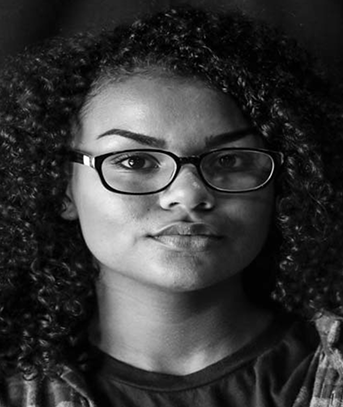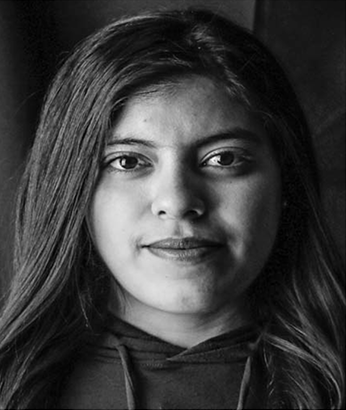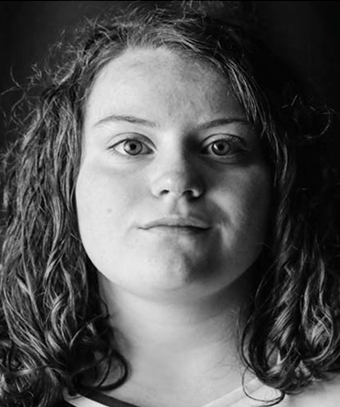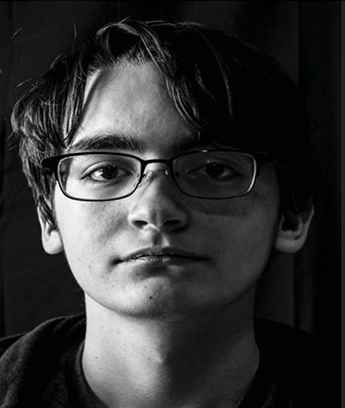Stepping into the light
March 8, 2018
The eight students featured on this page have undergone, and are going through, battles. The events and situations in these students’ lives have been overshadowed by views of society. By sharing their stories with the Booster Redux, they have exited the shadows and stepped into the light.
“It doesn’t matter how good your life looks from the outside.”
“My mom has depression. I remember she would always come home from work and take a nap. I never understood why until I wanted to just come home and take a nap. Depression just makes you feel like you’re dragging your feet through mud. You can’t keep going. You don’t have any motivation. You don’t want to get up. Things that seemed so fun are boring now. You could be happy, but no matter what you’re doing, you just don’t feel that pure happiness that you had felt before. [Life] just feels kind of muted. I don’t have nearly as much motivation as I used to. I push my friends away because it’s easier than opening up and letting them know that I’m upset. I’ve been on several antidepressants and none of them seem to be working very well. I stress myself out a lot, and then I get stressed over my friends. It gets really overwhelming. There’s this idea people have that if you’re from a well-off family or if you look like you have your life together, then you can’t possibly have depression or any type of mental illness because what do you have to be upset about? I feel like I took that on, and I just try to hide [my depression] and pretend to be happy. I [asked myself], ‘Yeah, what do you have to be upset about, Amber? You have nothing. Your life is fine.’ It doesn’t matter how good your life looks from the outside. You could still very easily have a mental illness. It’s not your fault and you didn’t choose it.”
– Amber Dial, junior
“I’m not a stranger to mental illnesses…”
“My father was a victim of suicide last March. It’s been a long journey trying to figure out who I am and how this is eventually going to impact me. I try to act fine and remind myself that every day is a new day and getting through it without my dad is something I have to do now. I’m not saying I don’t have questions, or I don’t feel awful. I’m not a stranger to mental illnesses and I’ve dealt with my own issues too, but there’s a stigma. I have been diagnosed, but I haven’t seen a counselor since my dad died. In eighth grade, I saw a counselor and took medication. When people ask me how my father died, I try not to talk about it unless I’m comfortable [with the person]. My father being diagnosed comforts me; I know he suffered for a long time. It’s not something a person in their right mind does. He was in counseling for years, and he was on more medications than I could count. He tried his best but, in the end, it wasn’t enough. A couple days after he passed away, I went to the state TSA conference for three days. The day I got back was his wake. I had to get my prom dress the same day as his funeral. After my responsibilities were done, I crashed. I would go weeks without turning stuff in for classes. I still struggle with that, but not as bad. The lowest point was a week after it happened. I’d had nightmares every night. I’m not looking for people to give me sympathetic looks in the hallways. I’m looking to tell people they are not alone. I understand what it’s like to be in the trenches of mental illness, and what it’s like to see someone deal with a mental illness. It’s not easy.”
– Brooklyn Hellwig, junior
“I am proud of myself. I am happy that I came out.”
“I realized I was gay when I was in the seventh grade. I remember dating girls to try and be straight before I recognized I was gay. [When I came out], I didn’t care who knew, so it slowly spread through the school. Coming out to my friends was easy. It lifted this weight off my shoulders. I felt like I could be myself. With my parents, it was different. They do not support me at all. It’s hard knowing your parents don’t like you because you like the same sex. But it feels so much better to be out, even with my parents. I feel so free. Sometimes I get called a faggot by someone and it’s hard because I know not everyone will accept me. I just want to be like everyone else and have a family and be happy. Being out, you start to learn who you are better because you actually get to be yourself. I wish more people would come out and be themselves instead of always being scared someone might find out. Why be scared for the rest of your life? I am proud of myself. I am happy that I came out. It’s so much easier to be yourself rather than being someone else. It’s very tiring. Being gay didn’t change my personality or how I act. I have always been like this. It was just the fact that I accepted myself for who I am.”
– Julian Archuleta, junior
“It was really difficult to accept that I was in a body I didn’t want to be in.”
“I knew from a young age that I was interested in boys and girls. I just didn’t know how to address it. I did some research and discovered that I was pansexual. That was also the time I started getting confused about my gender identity. One day, I looked in the mirror and said, ‘I’m trans. I’m a boy.’ I felt a major weight get off my chest. Three days before my birthday, I sat down with my mom and I [came out as transgender]. After that, I began coming out to my grandparents. I ended up coming out to all my friends. In the process of losing friends, I also gained a lot who fully support me. It’s been a love/hate relationship with coming out. During the beginning of my transition, I had suicidal thoughts. It was really difficult to accept that I was in a body I didn’t want to be in. If you are questioning or coming out, take as long as you need to. Take your time with it because it’s a life-changing decision, whether you want to act on it. To anyone who’s reading the paper and hasn’t personally gone through this: please be respectful of people who do because it’s very difficult and it’s something that they have to deal with every day.”
– Lane Phifer, freshman
“I didn’t see myself as normal or as good as white people.”
“My first memory of racism was before kindergarten when the neighbor’s kid tried to pour bleach on me to try to make me ‘prettier’ because he couldn’t play with black kids. I was confused at the moment but, as I got older, that statement and others affected how I saw myself. I didn’t see myself as normal or as good as white people. The first time I ever got into a fight with another kid was in third grade at my elementary school. That day, they were trying to push me around. Every time I said something, they would either throw wood chips at me or tell me to shut up. I finally stood up and asked them why they were doing this, and they said that it doesn’t matter how smart or how nice I am because I’m still a porch monkey at the end of the day. They pushed me to the ground with a couple of kicks and a half-hearted punch. At the time, I was very confused because I didn’t understand what was happening or why it was happening. I was scared because I knew that it didn’t matter if I’m Albert Einstein or if I had the cure for cancer. I’m a nigger and that’s not acceptable. The internalized hate that I had for myself has been the [most] dangerous. But just because someone has an opinion that I can’t do certain things because I’m black, it holds no weight to my confidence or my abilities anymore. I’m not scared. As soon as I start to believe it, that’s when it starts to become truth. I survived the effects that it had on me.”
– Haylee Valley, junior
“I felt alone because I didn’t have anyone to talk to…”
“I came from Zacatecas, Mexico, because my family is here and there are more opportunities to study here. My brothers were here already and my mom has her family, who was already here. When I am 22, I have to renew my visa. It is good here because the schools give us more opportunities. In Mexico, there isn’t much work and you have to pay for an education if you want to keep studying. I was in ninth grade in Mexico when I came here. A teacher told me that if I wanted to go back, they would hold me back and I wouldn’t be able to study. I’m glad I stayed because I wasn’t planning on studying up until high school in Mexico. The majority of the Hispanic students here are from Guatemala or El Salvador. When I first got here, I felt alone because I didn’t have anyone to talk to since they spoke a different dialect. English was very difficult. I didn’t understand anything. People would ask me things and I began to speak. I was embarrassed at first and I still am a little, but now I understand more things. No, [I have never been marginalized]. Everyone treats me well. That’s why I like it here because I know that there are other places that discriminate because people are Hispanic. All the students and teachers treat me fine. My friend didn’t want to come here. I told her that [the Hispanic population] supports each other here. When you first immigrate to the U.S., it may seem hard, but then it seems normal. Everything is difficult, but anything can be done.”
– Yesenia Rueda, junior
“… It’s the emotional abuse that hurt the worst.”
“I remember the abuse by my stepfather happening when I was 8 to 11. At first, it would be just a slap. But it gradually got worse. He would hit my chest or smack me with a belt in areas that people couldn’t see. Then, [he would] lock me in the closet because he didn’t want to hear me cry. Every day, I was quiet and afraid to say anything because I was afraid of retaliation from anyone. He isolated [my brothers, my mom and me] from family and friends. He made us depend on him for everything: food, money, clothes. He was very controlling and possessive towards my mother. He had to know where and who she was with at all times. He refused to let me call my biological father ‘dad’ and made me call him ‘dad.’ If I didn’t, I would be slapped or he would hit me. Not only would he abuse me physically, but emotionally as well. Some of the things he said made me feel worthless, like I’d never be anything special and no one could ever love me. I was very depressed, even though I was young. [I attempted suicide] when I was nine because I couldn’t handle it anymore. Eventually, my mom secretly made us pack some clothes and we all left to go to my grandma’s. Even though the physical abuse hurt, it’s the emotional abuse that hurt the worst. When you have someone telling you that you’re worthless, ugly, fat or a nobody every day, it stays there longer than any bruise or scar. Occasionally, I’ll have flashbacks, but I try not to let it bother me. I still get depressed and question my worth, but I try to stay positive and keep a smile.”
– Tatum Devena, junior
“I felt scared as a child and I was angry…”
“My mother went to prison a lot. She was neglectful towards her children. When I was young, about three or four years old, she was babysitting me. She tried to put a landline in the bath to kill me, but her roommate reported it. She was always trying to take me from where I was. She went to my house one time, threatened my grandmother and tried to take me to her car. I felt scared as a child and I was angry at my mother for leaving and not being there. I didn’t see her much. Before that, she was abusive to my father. When she threatened to leave, he was like, ‘Okay, do that.’ She threw a lamp at his back, and he’s always had back problems because of that. My dad got [child custody] rights of me, and she’s been in jail for… I don’t remember how many years. There’s been sadness: I grew up without a mother and a stable family. It weighs on you. I never felt like it was something that had to do with me, just my mother. [I may talk to her] when I’m older, to say some things I never could as a kid. When you’re growing up with someone who did this, you can’t get the answers by just thinking about it, so I kind of just live with it.”
– Devin Kuhel, freshman

